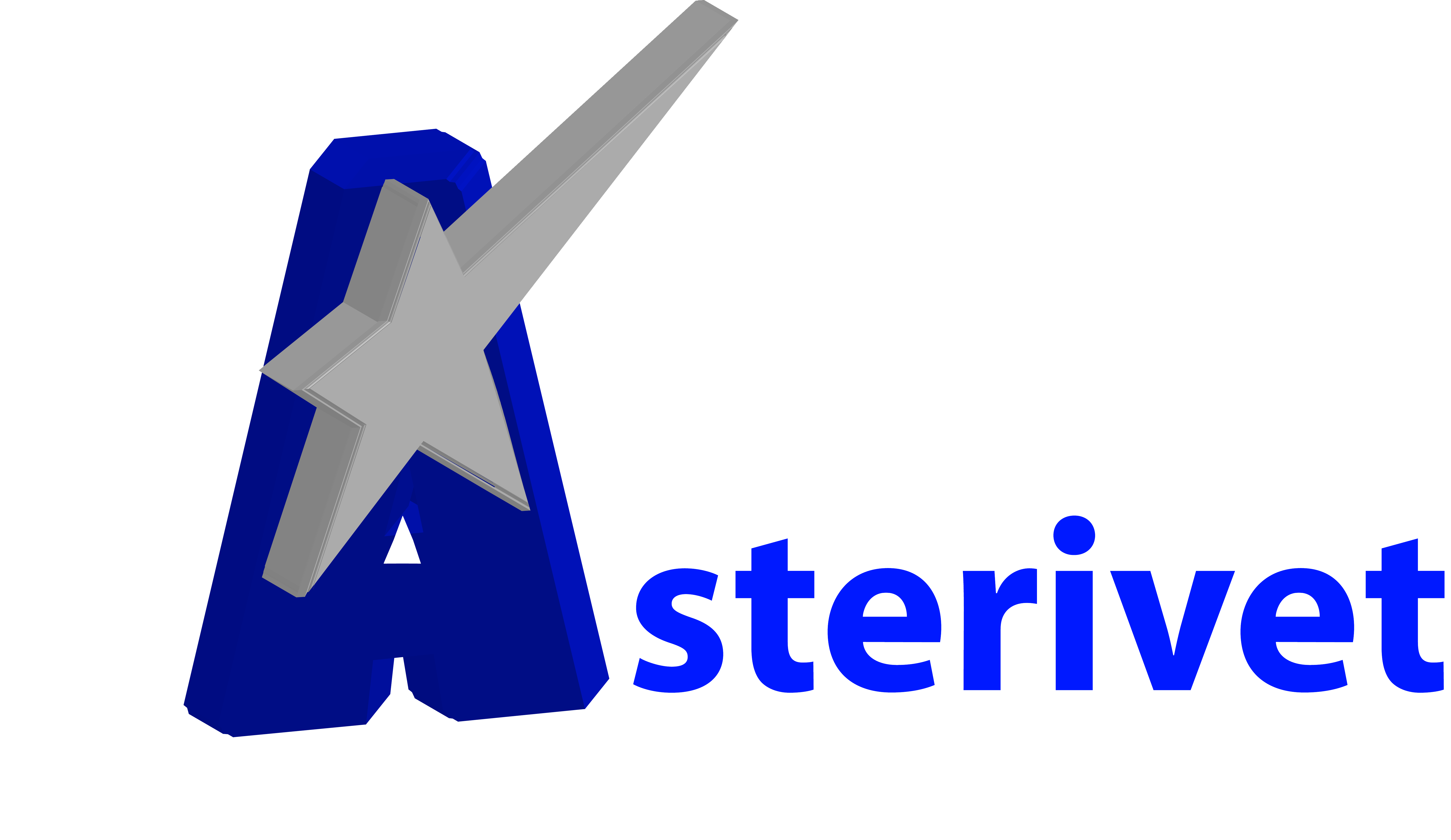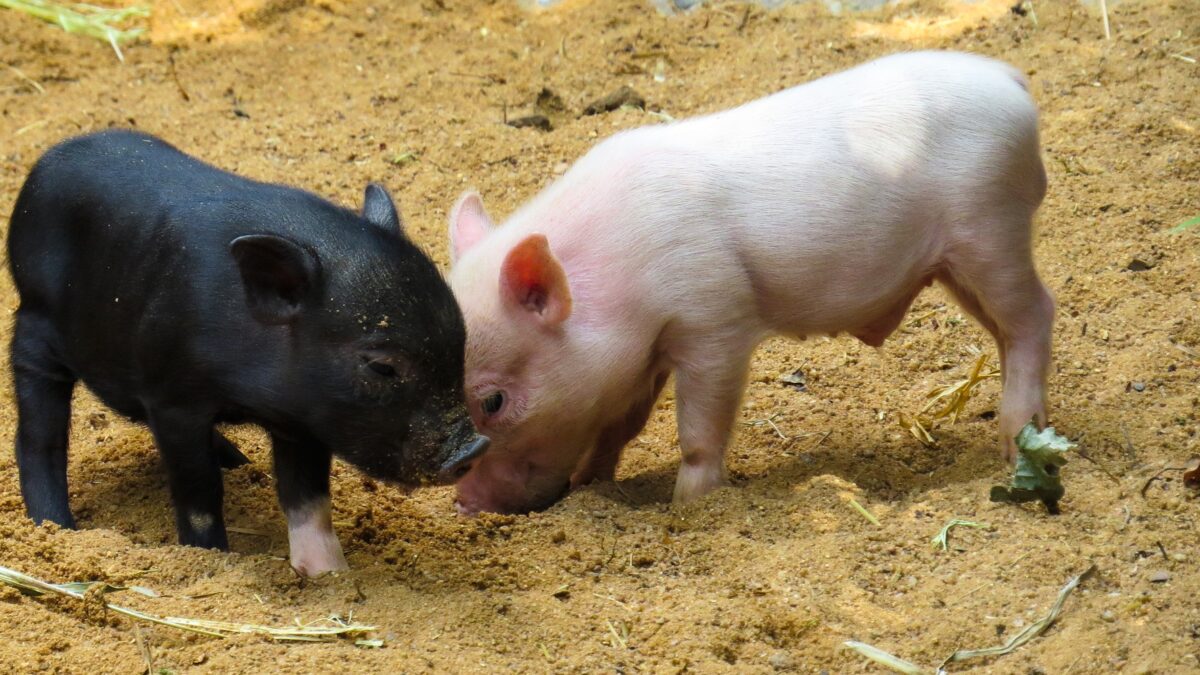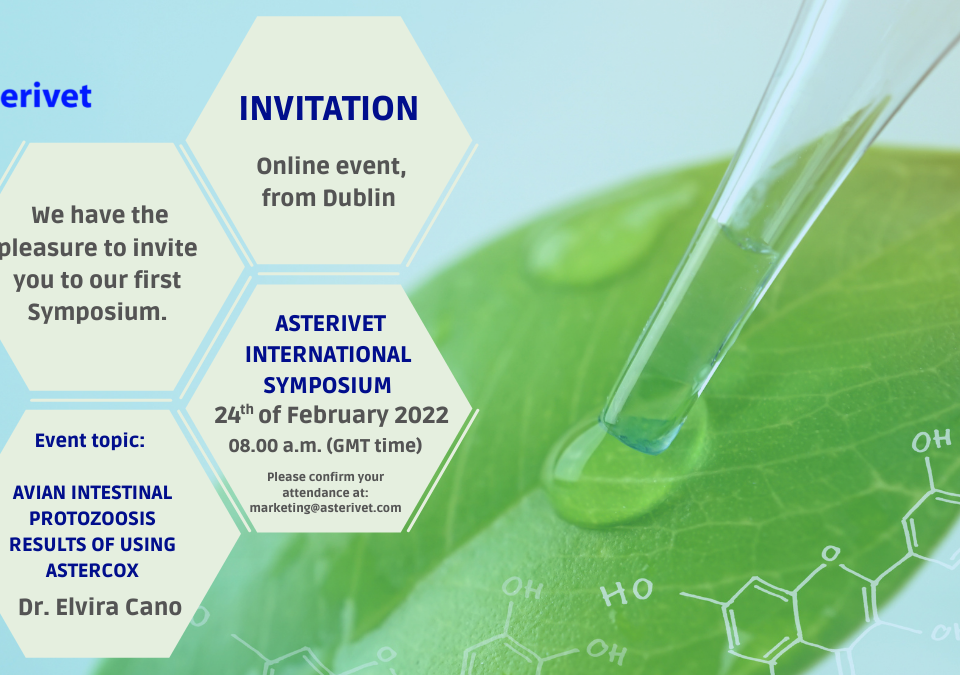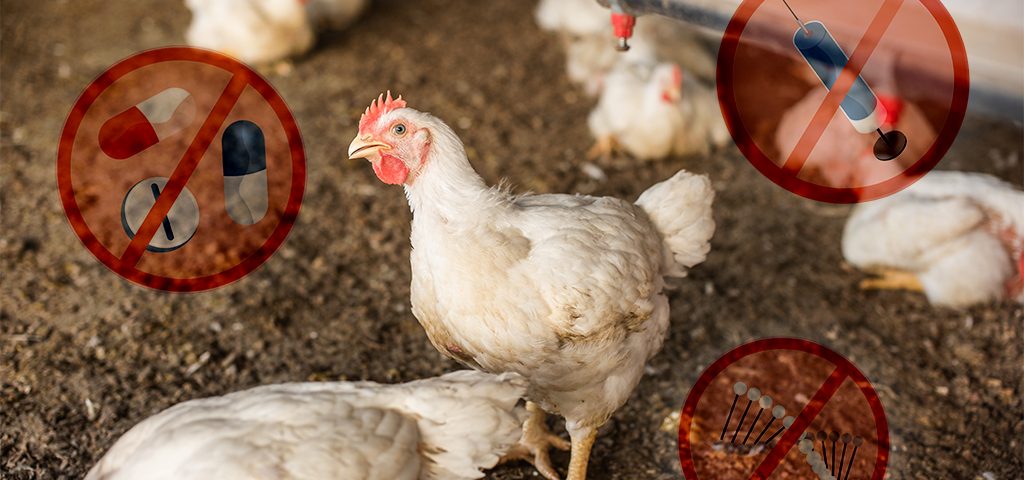
Antibiotic leave residues in animal products
November 22, 2021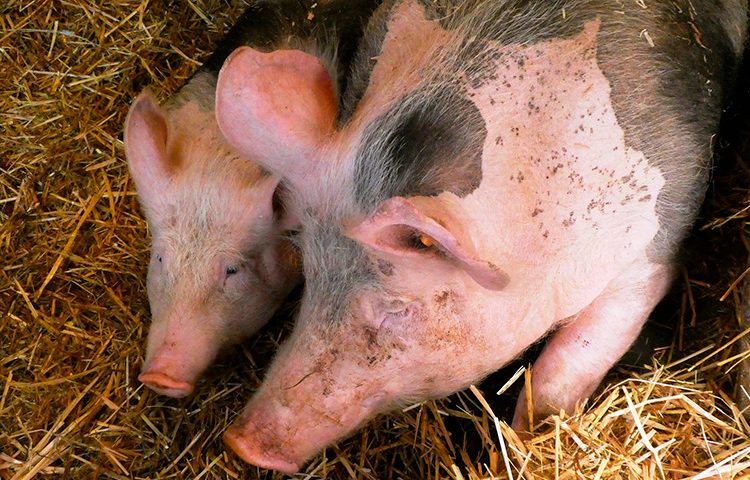
Improving Performance in Pig Farms
December 20, 2021Zinc oxide will be banned in the European Union in 2022
Weaning is one of the most critical points in pig production. At this stage, piglets can be affected by stressful situations, causing diarrhea and productive losses.
Post-weaning diarrhea is one of the most common pathologies that affects pig farms. It causes a decrease in weight gain and mortality of up to 25% in the animals that do not have received treatment.
Since the 90s, zinc oxide has been used to alleviate these intestinal disorders, as it helps maintain intestinal structure and function, decreasing oxidative stress and reducing the prevalence of post-weaning diarrhea.
However, the environmental impact of zinc oxide is considerable, due to the residues it leaves in the soil, water and sediments. In this context, in 2016, the European Union established a period of 5 years to reduce and eliminate the use of zinc oxide. The decision was made because of the risks associated with the use of this compound.
The prohibition on the use of zinc oxide will become effective in January 2022 and producers in EU member countries will have to look for alternatives to replace it.
Cionaster, a natural alternative
Cionaster, a natural additive developed and manufactured by Asterivet, promotes the regeneration of the intestinal mucosa, improves the absorption of nutrients and can replace growth-promoters antibiotics. Therefore, Cionaster is positioned as a natural alternative to replace zinc oxide in pig farms.
The name of the product comes from Ciona intestinalis, which is a filtering marine animal, which has a tubular shape very similar to the human intestine.
